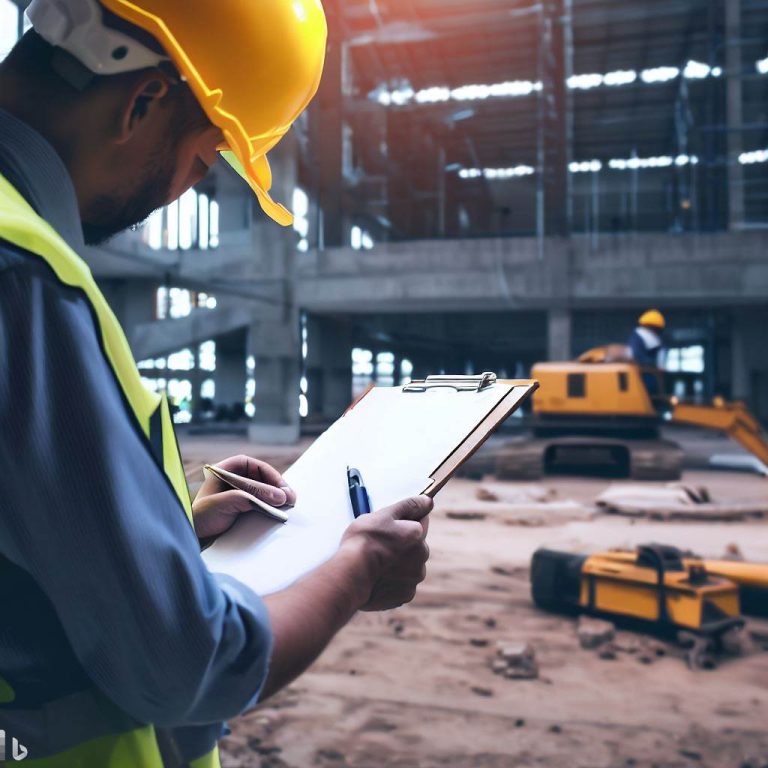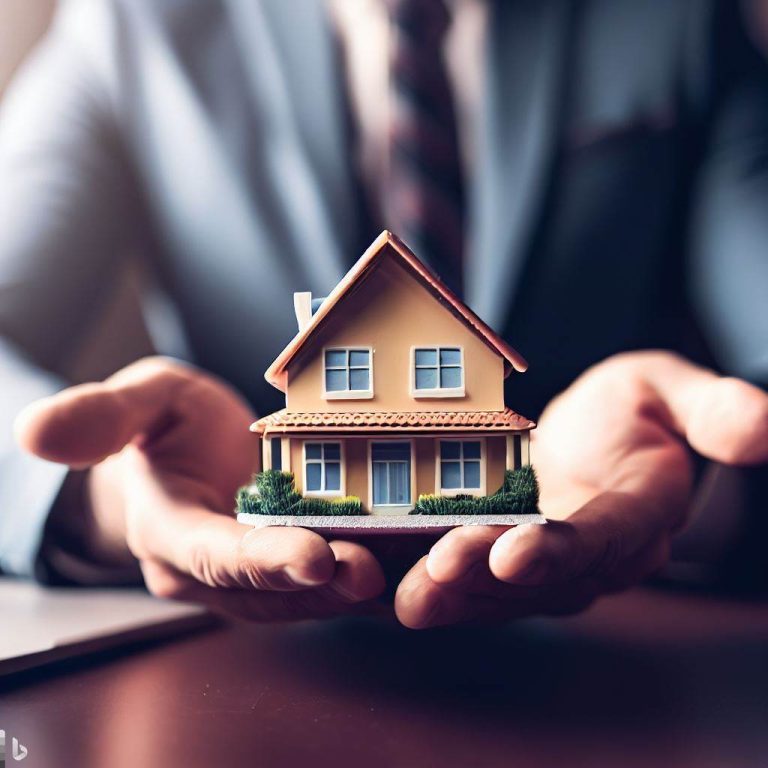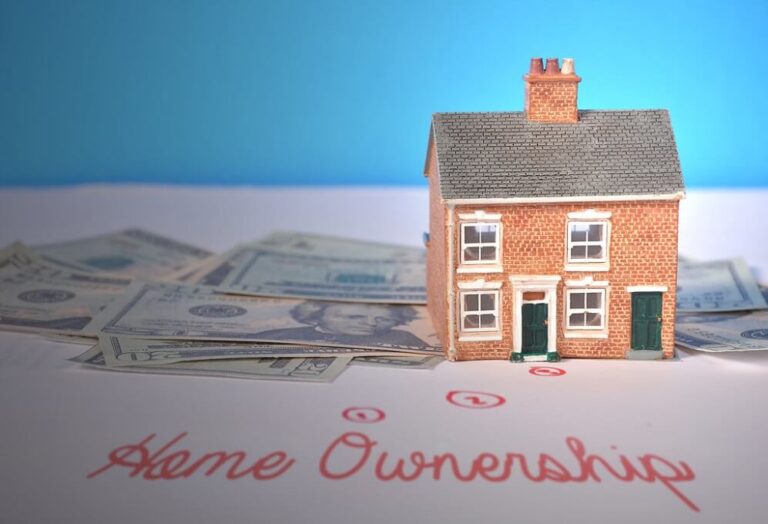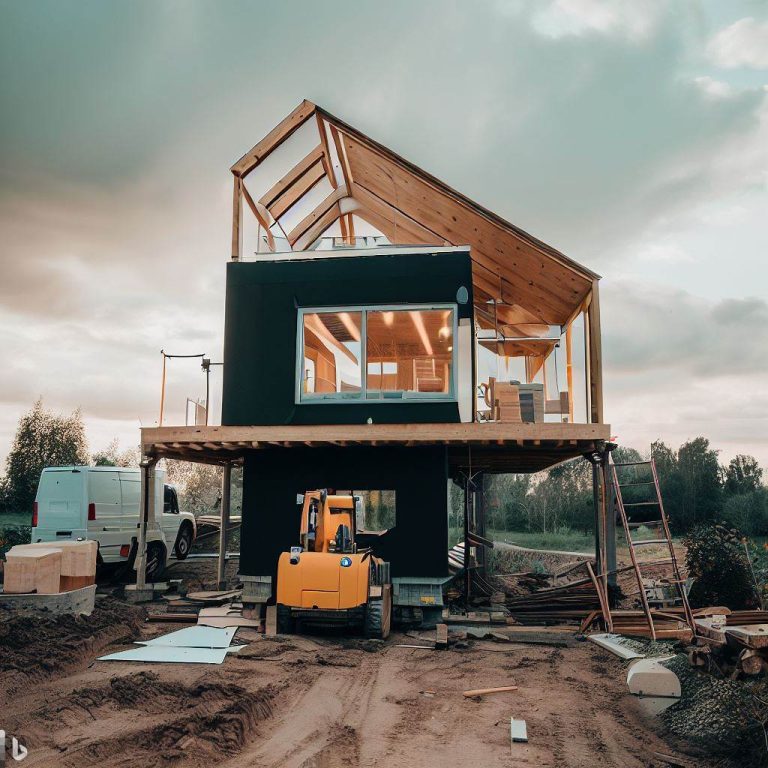How to Plan Your Building Project in Ghana
|
Getting your Trinity Audio player ready...
|
Are you planning to embark on a building project in Ghana? Whether it’s a new construction, renovation, or extension, it’s important to properly plan and execute your project to ensure its success. In this blog post, we will provide a step-by-step guide on how to plan your building project in Ghana, from start to finish.

A Guide to Plan Your Building Project in Ghana
Step #1 Determine your budget and allocate funds appropriately
Before you even start planning your building project, it’s essential to have a clear understanding of your budget. This will help you make informed decisions about the scope and scale of your project, as well as the materials and finishes you will use. Be sure to allocate funds appropriately for each stage of the project, including design, construction, and any contingencies.
Step #2 Choose a reputable and experienced contractor
Selecting the right contractor is crucial to the success of your building project. Look for a contractor with a solid reputation, good references, and a proven track record of completing projects on time and within budget. It’s also a good idea to have a written contract in place to protect both parties.
Read Also: Professionals You Need to Build Your House In Ghana
Step #3 Obtain all necessary permits and approvals from local authorities
Before you can begin construction, you must obtain all necessary permits and approvals from local authorities. This may include building permits, zoning permits, and other approvals depending on the nature of your project. It’s important to follow all regulations and guidelines to avoid any delays or complications.
Step #4 Develop a detailed project plan and timeline
A detailed project plan and timeline will help ensure that your project runs smoothly and efficiently. This should include a schedule of activities, a list of materials and resources needed, and a clear understanding of who is responsible for each task.
Read Also: How to Building Your House In Ghana-The Quick Easy Guide
Step #5 Select materials and finishes that align with your budget and style preferences
Choose materials and finishes that not only align with your budget, but also fit your style and design preferences. Consider the durability and maintenance requirements of different materials, as well as the climate and environment in which your project will be located.
Step #6 Coordinate the delivery of materials to the construction site
Ensure that all materials needed for your project are delivered to the construction site on time and in good condition. This may require coordinating with your contractor, suppliers, and logistics providers.
Step #7 Monitor progress and communicate with the contractor regularly
Stay informed about the progress of your building project by regularly communicating with your contractor. This will allow you to make any necessary adjustments or changes to the project as needed.
Read Also: How To Build Cheap House In Ghana And Save Money
Step #8 Hire a project manager or oversee the project yourself
Depending on the size and complexity of your project, you may want to consider hiring a project manager to oversee the project or do it yourself. A project manager can help ensure that everything runs smoothly and efficiently, while also providing valuable insights and guidance.
Step #9 Consider hiring an architect or engineer for complex projects
For more complex building projects, it may be beneficial to hire an architect or engineer to provide expert design and technical support. They can help plan your building in Ghana to ensure that your project meets all necessary building codes and regulations, and can also provide valuable input on materials and construction methods.
Read Also: The Cost Of Building Plan and Design In Ghana
Step #10 Stay organized and keep accurate records of all expenses and documentation
To ensure that your building project runs smoothly, it’s important to stay organized and keep accurate records of all expenses and documentation. This includes contracts, invoices, receipts, and any other relevant documents.
Step #11 Understand and adhere to local building codes and regulations
Every country has its own building codes and regulations, and it’s important to understand and adhere to
these to plan your building project in Ghana. This may include requirements for structural integrity, safety, and environmental sustainability. Make sure to consult with local authorities and experts to ensure that your project meets all necessary standards.
Read Also: Get Building Permit In Ghana – Quick Easy Way
Conclusion:
By following these steps, you can successfully plan and execute your building project in Ghana. It’s important to do your research, allocate your budget wisely, choose a reputable contractor, and stay organized throughout the process. By following these guidelines, you can ensure that your building project is completed on time, within budget, and to your satisfaction.
FAQ section:
Q: Do I need to hire an architect or engineer for my building project in Ghana?
A: It depends on the complexity and scale of your project. If you are planning a simple renovation or extension, you may not need to hire an architect or engineer.
However, if you are building a new structure or making significant changes to an existing building, it is highly recommended to hire a professional for their expertise and guidance.
Q: How long does the permit process take in Ghana?
A: The permit process can vary depending on the nature of your project and the local authorities involved.
It’s important to allow enough time for this process, as it can take several weeks or even months to obtain all necessary approvals.
Be sure to consult with local authorities and your contractor to get a clear understanding of the timeline.
Q: Can I change my project plan once construction has started?
A: Yes, you can make changes to your project plan once construction has started, but it’s important to communicate these changes with your contractor and any relevant authorities.
Keep in mind that making changes to the project may impact the timeline and budget, so it’s important to weigh the pros and cons before making any decisions.
Q: How do I choose the right contractor for my building project in Ghana?
A: When selecting a contractor for your building project in Ghana, it’s important to do your research and choose a reputable and experienced professional.
Look for contractors with a solid reputation, good references, and a proven track record of completing projects on time and within budget. It’s also a good idea to get multiple bids and compare prices before making a final decision.
Q: What should I include in my building project budget?
A: Your building project budget should include all costs associated with the project, including materials, labor, permits, and any contingencies.
Be sure to allocate funds appropriately for each stage of the project, and consider any unexpected costs that may arise. It’s also a good idea to have a cushion in your budget for any unforeseen expenses.
Q: How can I ensure that my building project stays on track and on budget?
A: There are several ways to ensure that your building project stays on track and on budget.
This includes developing a detailed project plan and timeline, regularly communicating with your contractor, staying organized and keeping accurate records, and hiring a project manager if necessary. By following these steps, you can help ensure that your project is completed efficiently and effectively.
Q: What should I do if I encounter issues or problems during my building project in Ghana?
A: If you encounter any issues or problems during your building project in Ghana, it’s important to communicate with your contractor and any relevant authorities as soon as possible. Together, you can come up with a solution and make necessary adjustments to the project plan. It’s also a good idea to have a contingency plan in place in case any major issues arise.
Q: How do I ensure that my building project meets all necessary building codes and regulations in Ghana?
A: To ensure that your building project meets all necessary building codes and regulations in Ghana, it’s important to consult with local authorities and experts. This may include hiring an architect or engineer to provide expert design and technical support, as well as obtaining all necessary permits and approvals. By following all necessary guidelines and regulations, you can help ensure that your project meets all necessary standards and is safe for occupancy.
Q: Can I make changes to my project once it has been completed?
A: It is possible to make changes to your project once it has been completed, but it’s important to consider the impact on the budget and timeline. Any changes made after the project has been completed will require additional resources and may cause delays. It’s generally recommended to make any necessary changes to the project plan before construction begins.
Q: How do I ensure that my building project is completed on time?
A: To ensure that your building project is completed on time, it’s important to develop a detailed project plan and timeline, communicate regularly with your contractor, and stay organized. It’s also a good idea to allow for some contingencies in your budget and timeline in case any unexpected issues arise. By following these steps, you can help ensure that your project is completed on schedule.
Q: How do I plan my building project to ensure that is completed within budget in Ghana?
A: To ensure that your building project is completed within budget, it’s important to allocate your funds wisely and choose materials and finishes that align with your budget. It’s also a good idea to have a contingency plan in place in case any unexpected expenses arise. Regularly monitoring the progress of your project and communicating with your contractor can also help ensure that your project stays on track and within budget.
Q: What should I do once my building project is completed?
A: Once your building project is completed, it’s important to conduct a final inspection to ensure that everything meets all necessary standards and regulations. This may include obtaining any necessary certificates of occupancy or other documentation. It’s also a good idea to review all expenses and documentation to ensure that everything is accurate and complete. Finally, be sure to celebrate the completion of your project and enjoy your new space!






